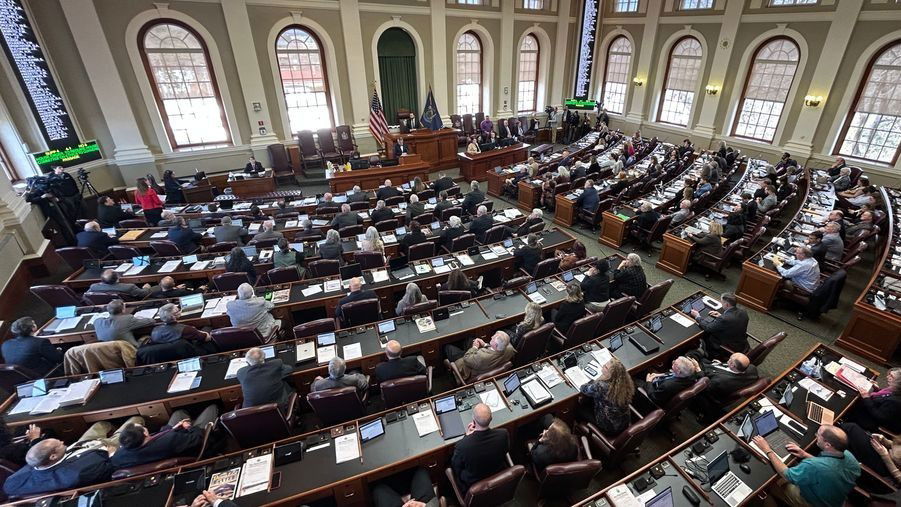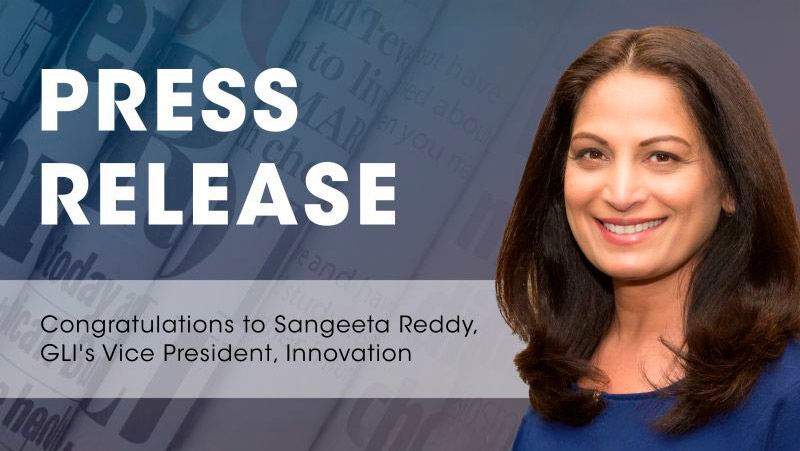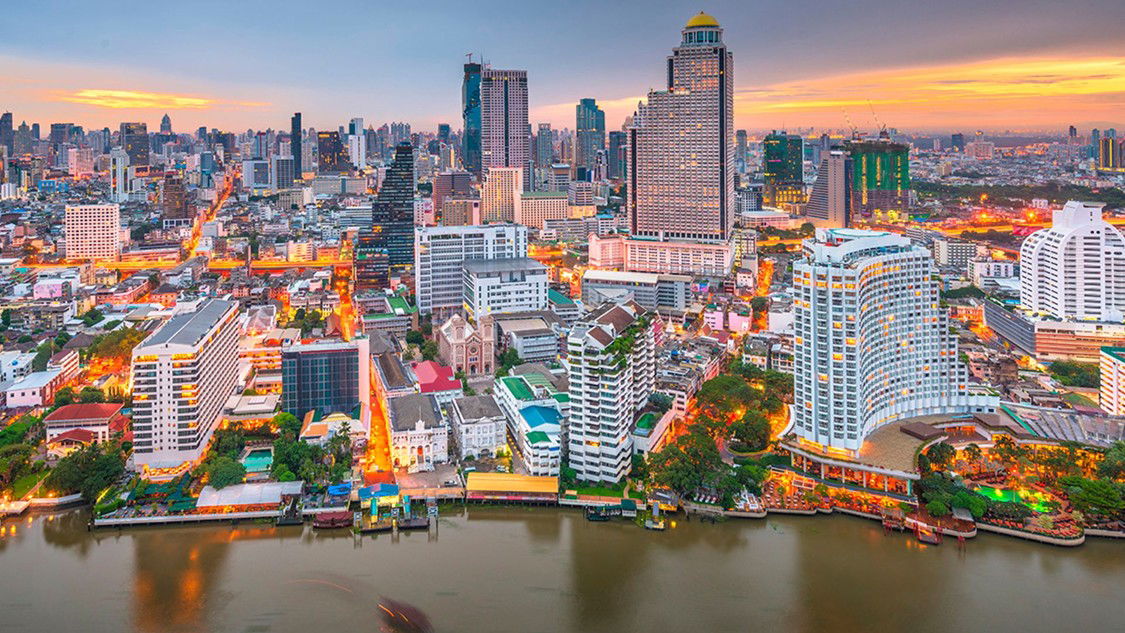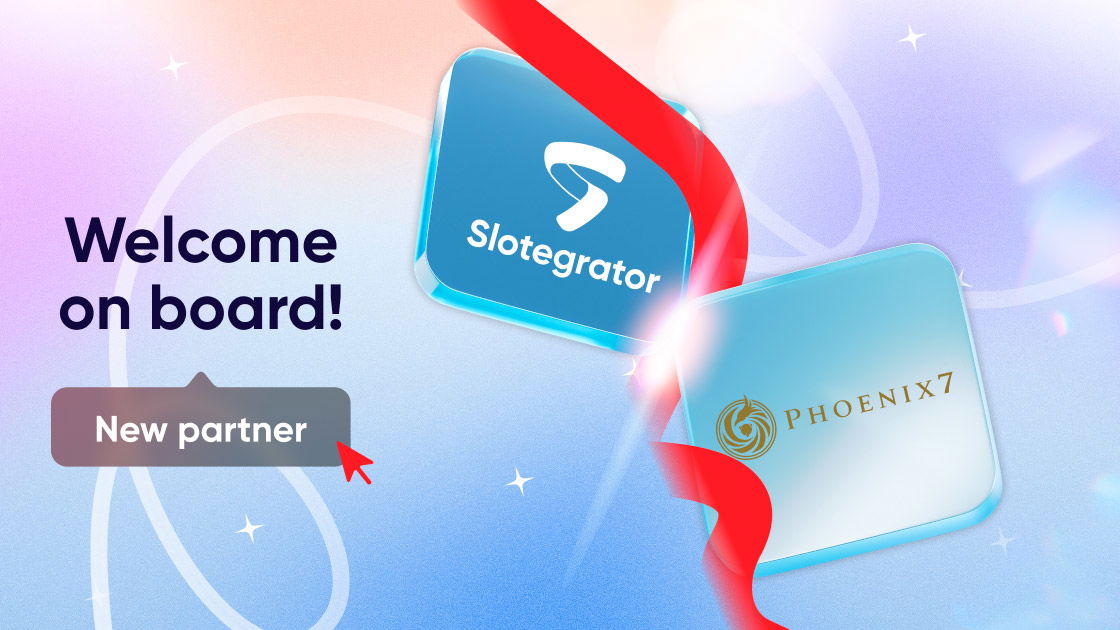Florida lawmakers discuss gambling options including removing Seminole’s gambling ‘exclusivity’

The House Gaming Control Subcommittee workshopped various gambling contingencies last week, which included a discussion of the Seminole Tribe of Florida Compact.
The Seminoles stopped making their $19.5 million monthly payments when the pact with the state expired in May after lawmakers and the Tribe failed to reach an accord over banked card games, control of online gaming and newly legal sports gambling, MDJ Online reports.
The Tribe cited the state’s failure to install “a mechanism to shut down the illegal banked card games” ordered by U.S. District Court Judge Robert Hinkle in 2016 as the reason for discontinuing revenue-sharing payments – $350 million annually.
The Seminoles maintain its 2010 compact with the state guarantees them “exclusivity” to offer banked card games, such as blackjack, through 2030.
In 2013, the Tribe sued when the state allowed “designated-player games,” similar to poker and blackjack, slot-machine style pre-reveal games and “electronic gambling parlors” at some race tracks and jai-alai arenas.
In 2016, Hinkle ruled Florida had broken the exclusivity promise and the state proposed to exert “aggressive enforcement action” to enforce the Seminole’s exclusive rights to offer the card games.
In light of that commitment, the Tribe continued making payments through May 31.
Florida Division of Pari-Mutuel Wagering Director Lou Trombetta told the panel there’s been no negotiation with the Seminoles since October.
But, he added, the Tribe and state officials still cooperate on a daily basis in routine regulatory compliance and oversight.
The compact “is still in effect to some extent,” Trombetta said, ”but to what extent is an open question. They allow my team to go in and conduct business.”
Rep. Randy Fine, R-Palm Bay, asked if the Tribe could offer Class III gaming – blackjack, slot machines, sports betting – without a compact with the state “going both ways” and questioned why Florida grants the Seminoles exclusivity.
Jamie Shelton of BestBet, which operates poker cardrooms in Jacksonville and Orange Park, said giving the Seminoles exclusivity in designated player games for $350 million a year is a “bad deal.”
“Don’t be punitive toward us for the benefit of one group,” Shelton said.
“None of us should be penalized so that they could benefit,” Magic City Casino Vice President Isadore Havenick added. “For them to give you pennies on the dollar and just put us out of business is insane.”
With the U.S. Supreme Court’s 2018 ruling that allows states to approve sports betting programs, Senate President Bill Galvano and House Speaker Jose Oilva have mused about refashioning the state’s gambling programs independent of the Seminoles.
Sen. Jeff Brandes, R-St. Petersburg, on Nov. 18 filed three bills that would legalize sports betting in Florida, placing regulatory authority with the Department of Lottery. None have been assigned committees.
Even if adopted by lawmakers, they might not be implementable without approval by voters following the November 2018 passage of Amendment 3.
The measure, largely bankrolled by Disney and the Seminoles, passed with a 71 percent majority and “ensures Florida voters shall have the exclusive right to decide whether to authorize casino gambling.”
No Casinos President John Sowinski, who led the campaign, predicted the gaming industry will use “creative ways to push the limit or get around Amendment 3,” and vowed to “hold the line” on gambling, including sports wagering.
On the same November 2018 ballot, 69 percent of voters approved Amendment 13, which prohibits betting on greyhound races by 2021 – essentially banning dog racing.
According to the National Greyhound Association, as of early December five of the state’s 11 tracks had closed down.
In August, D’Arcy Kennel LLC in St. Petersburg filed a lawsuit in Leon County Circuit Court alleging the ban is an unconstitutional “taking” of property in devaluing greyhounds. State Attorney General Ashley Moody has asked that the case be dismissed.
Rep. Kionne McGhee, D-Cutler Bay, on Nov. 26 filed two bills to create a compensation trust fund to assist those affected by the industry’s closure. Neither have been assigned to committees.
Carey Theil of GREY2K USA, which spearheaded the Amendment 13 campaign, said the “staggered” phase-out of racing will allow for adoptions of the dogs.
“In places where greyhound racing is ending, we’re seeing positives,” Theil said, claiming tracks are ideal for redevelopment as mixed-use retail.
Michael Glenn, of Palm Beach Kennel Club, was not appreciative of the “positives,” telling the panel, “We’re going to lose 70 to 80 jobs” once racing is phased out.
















































